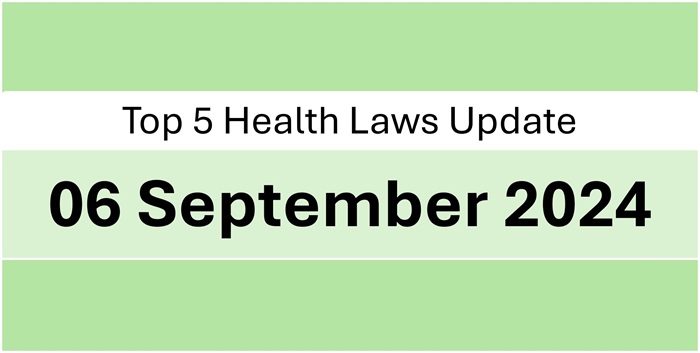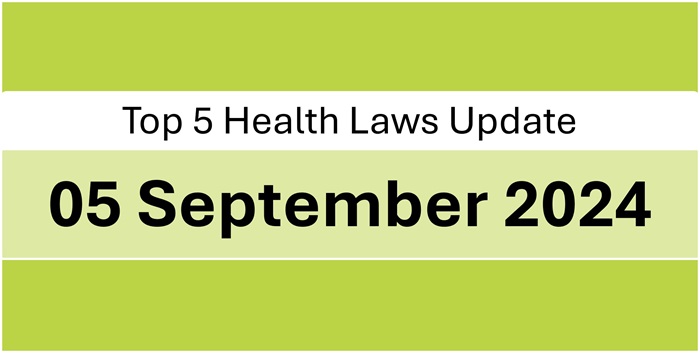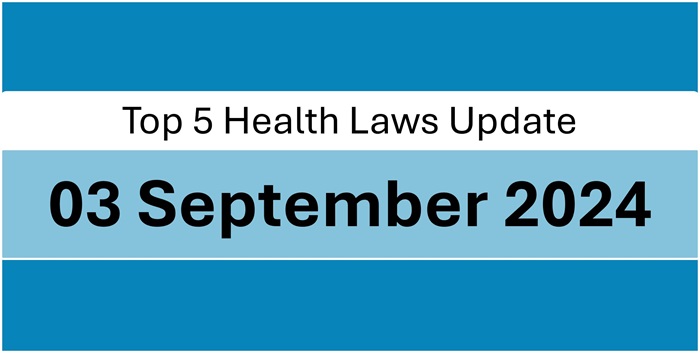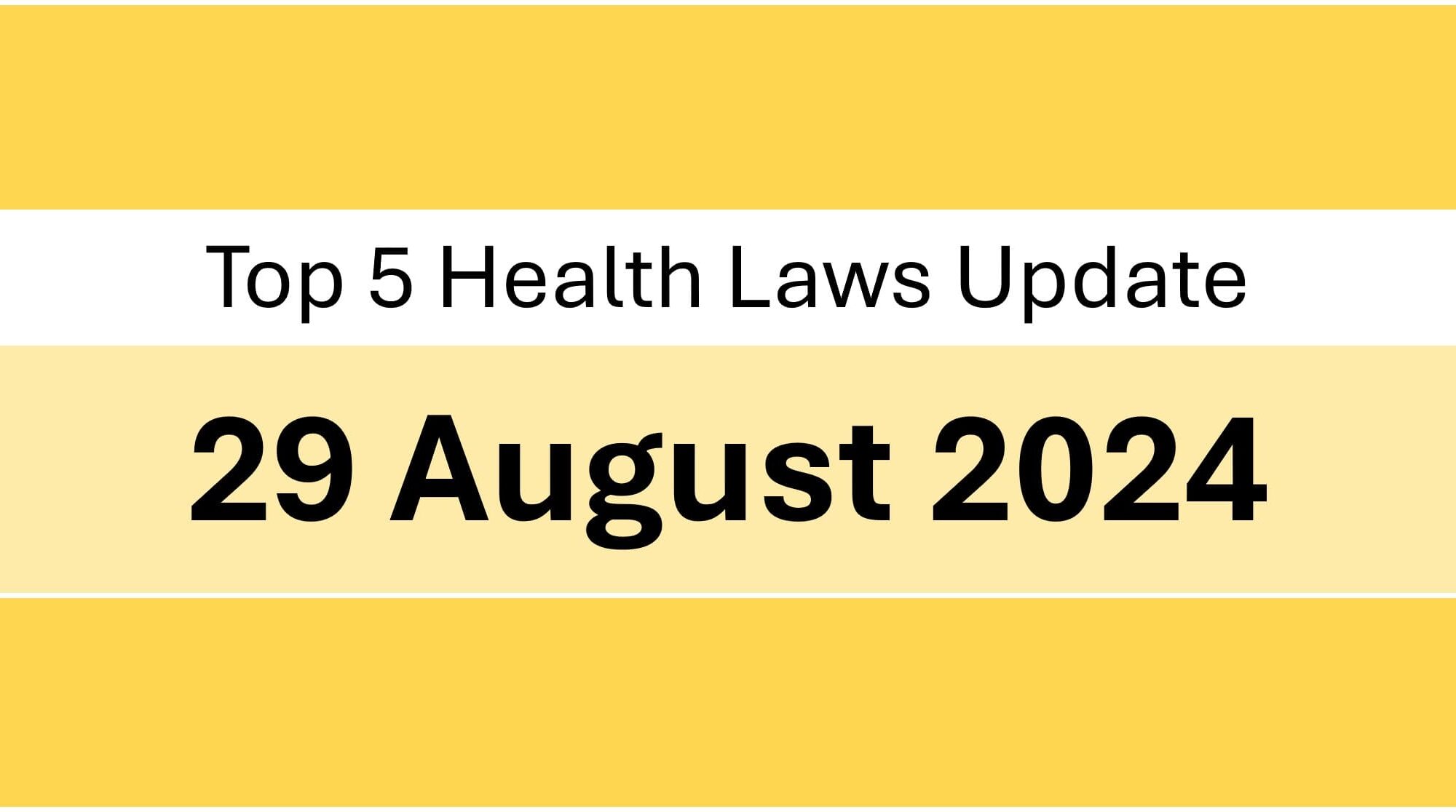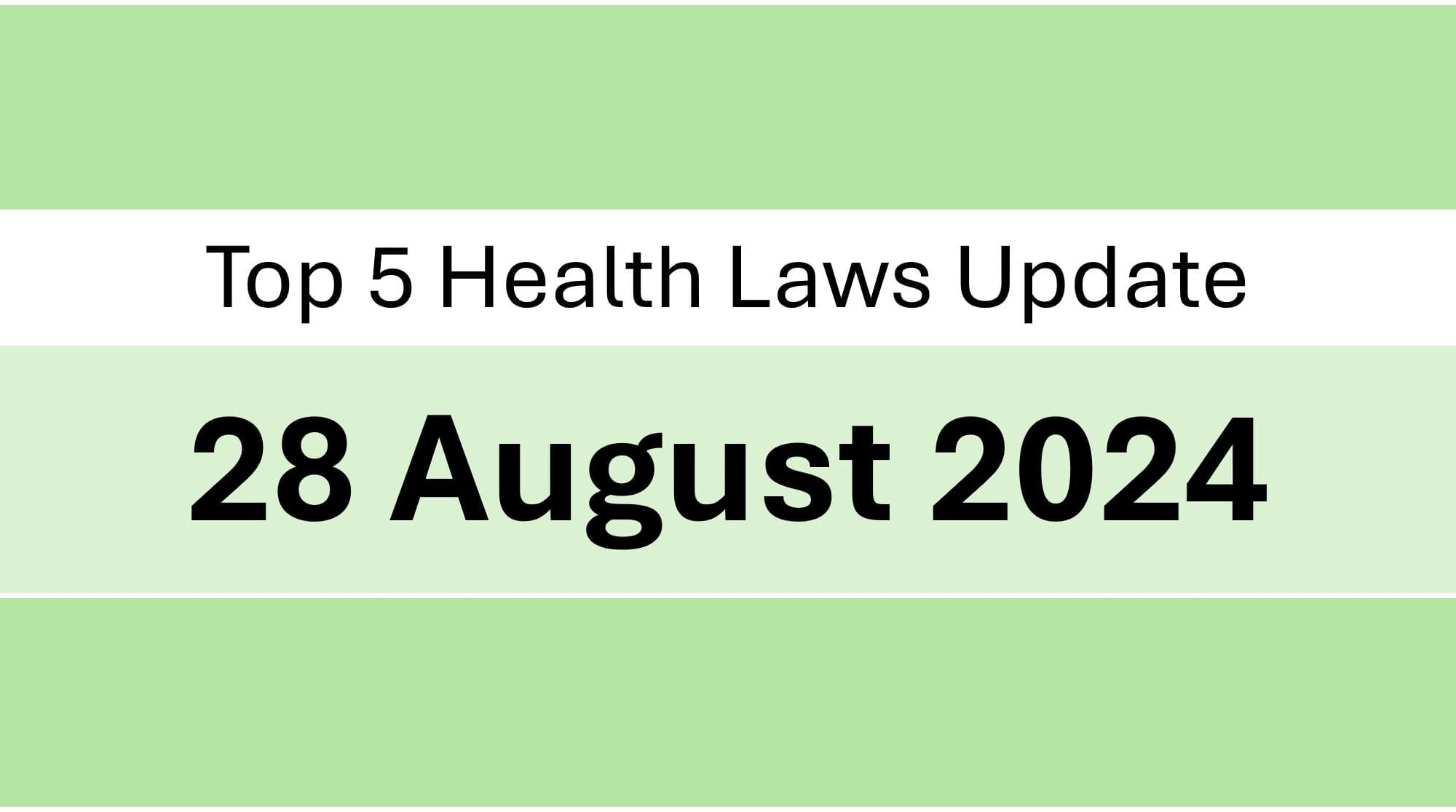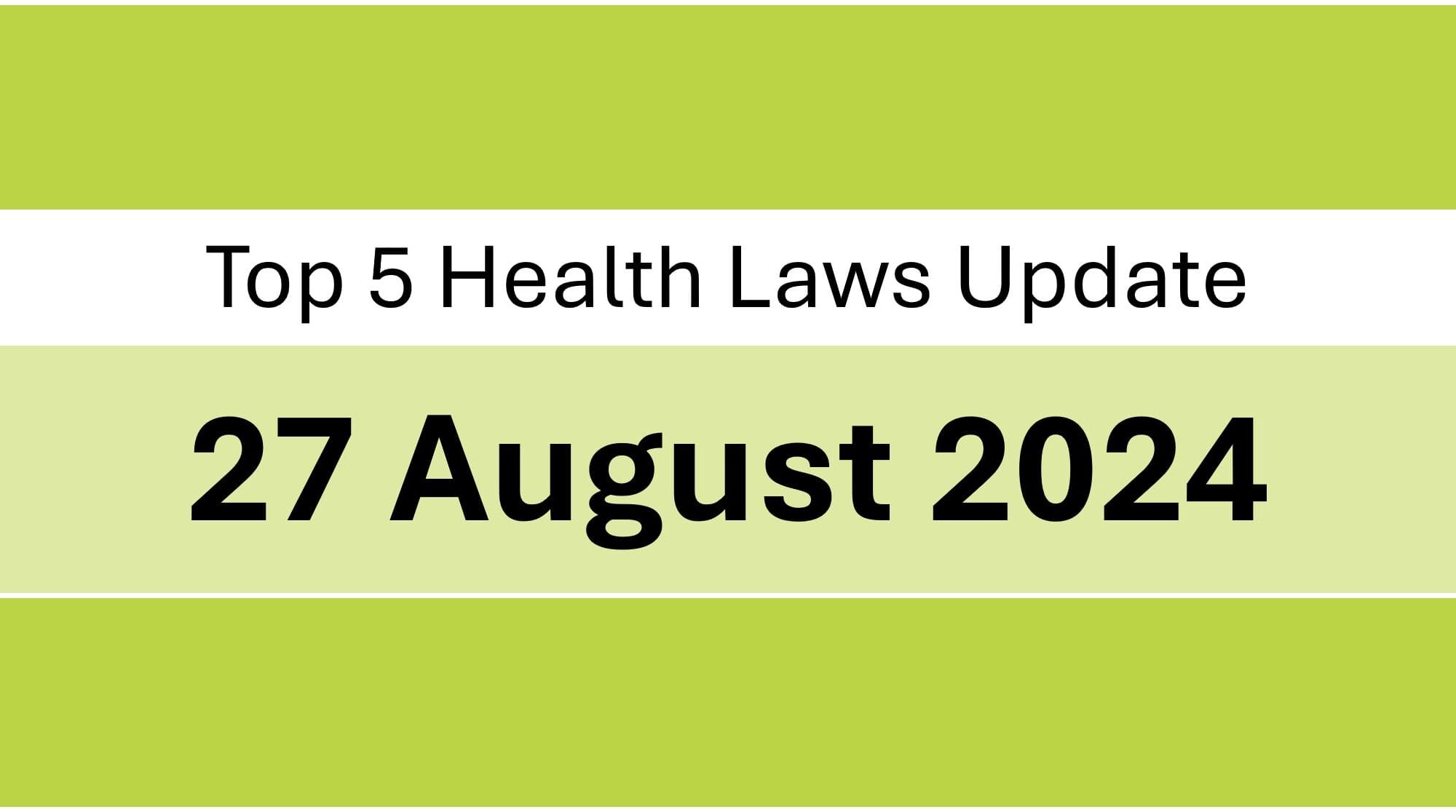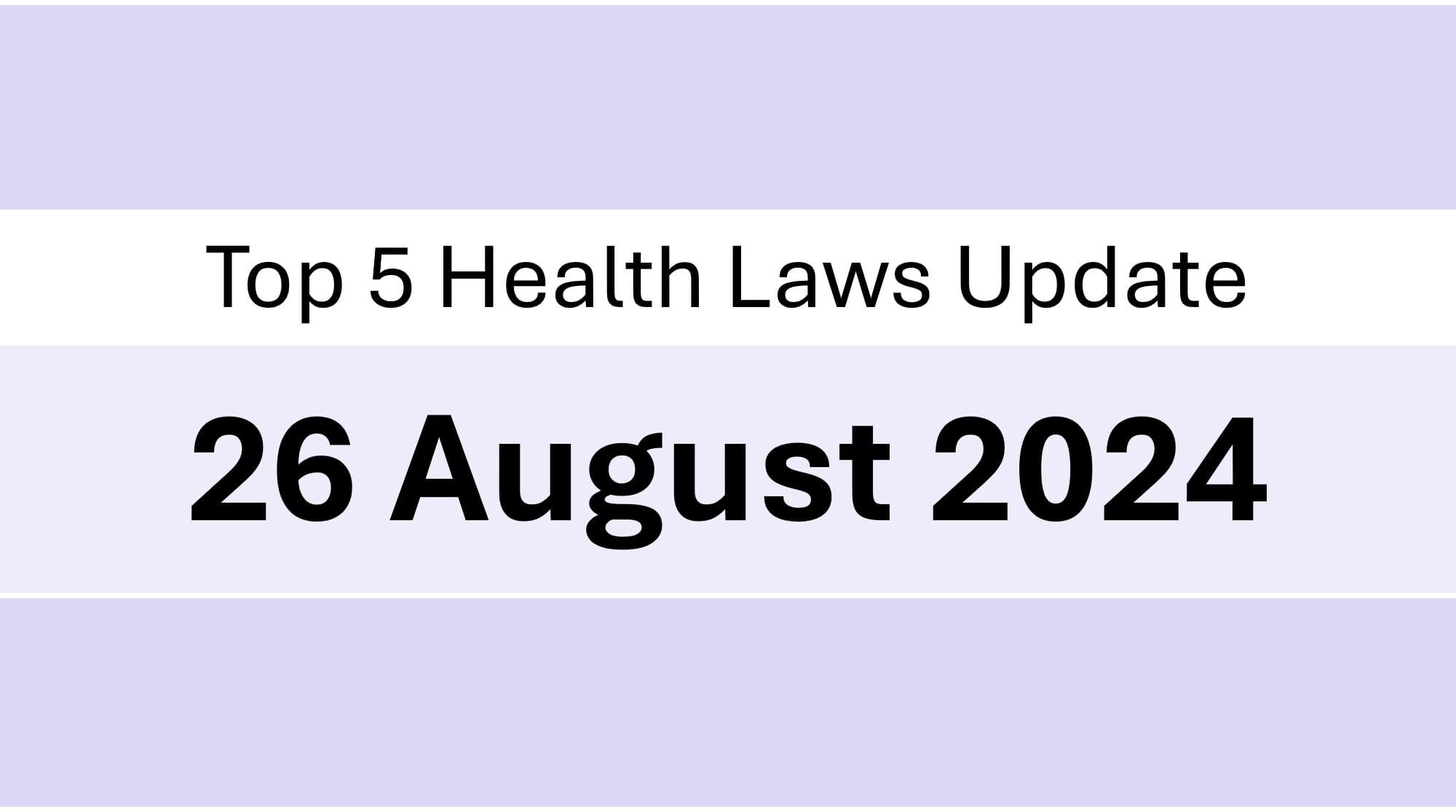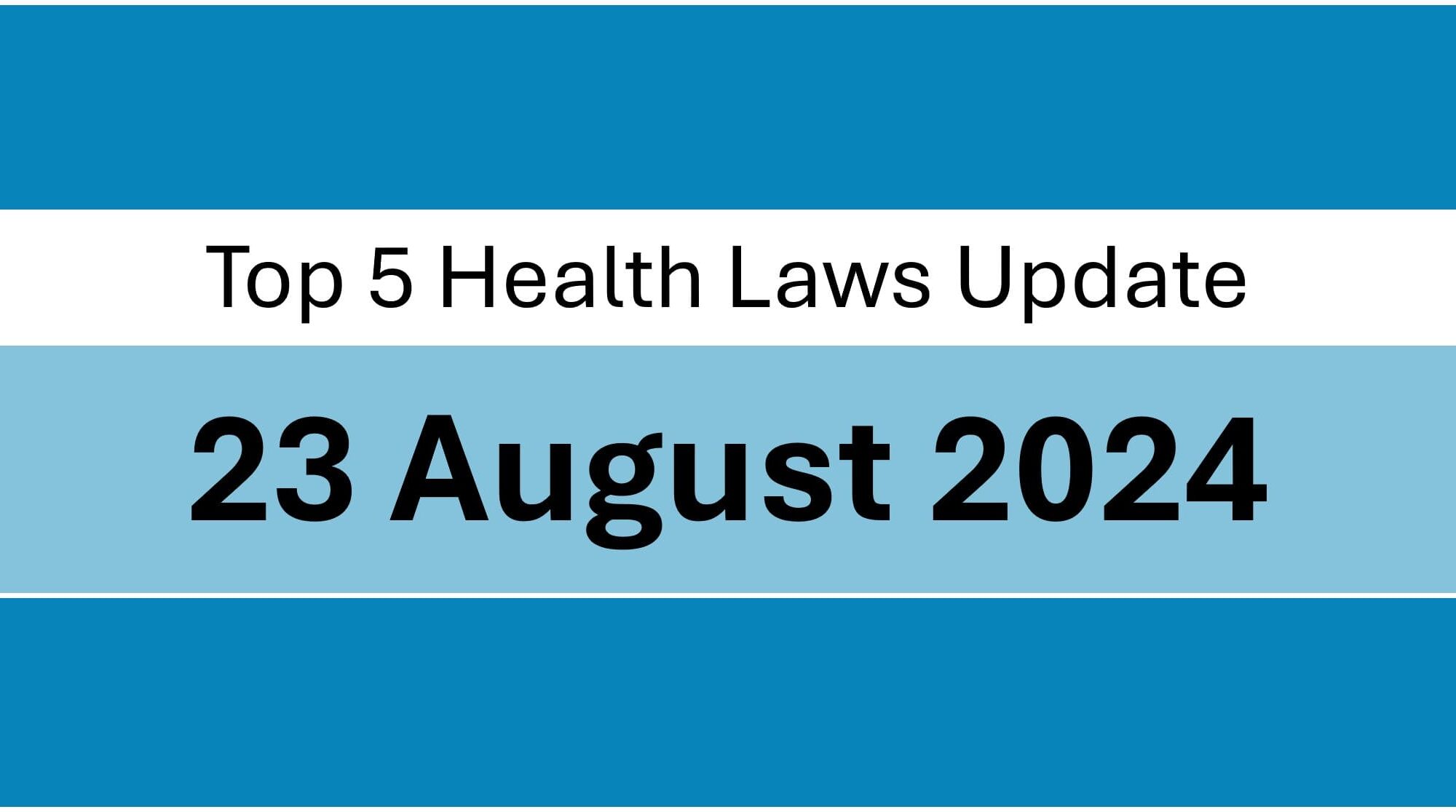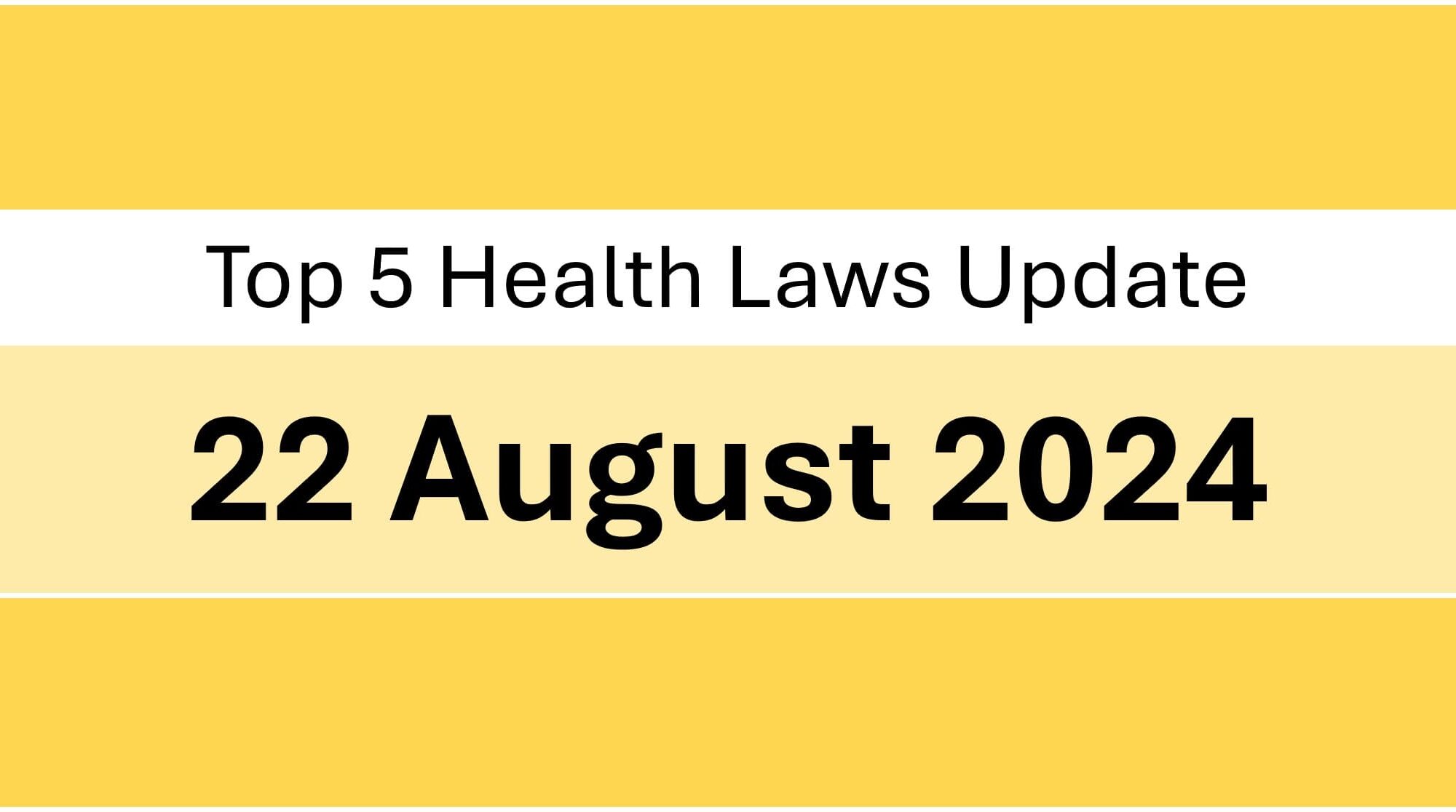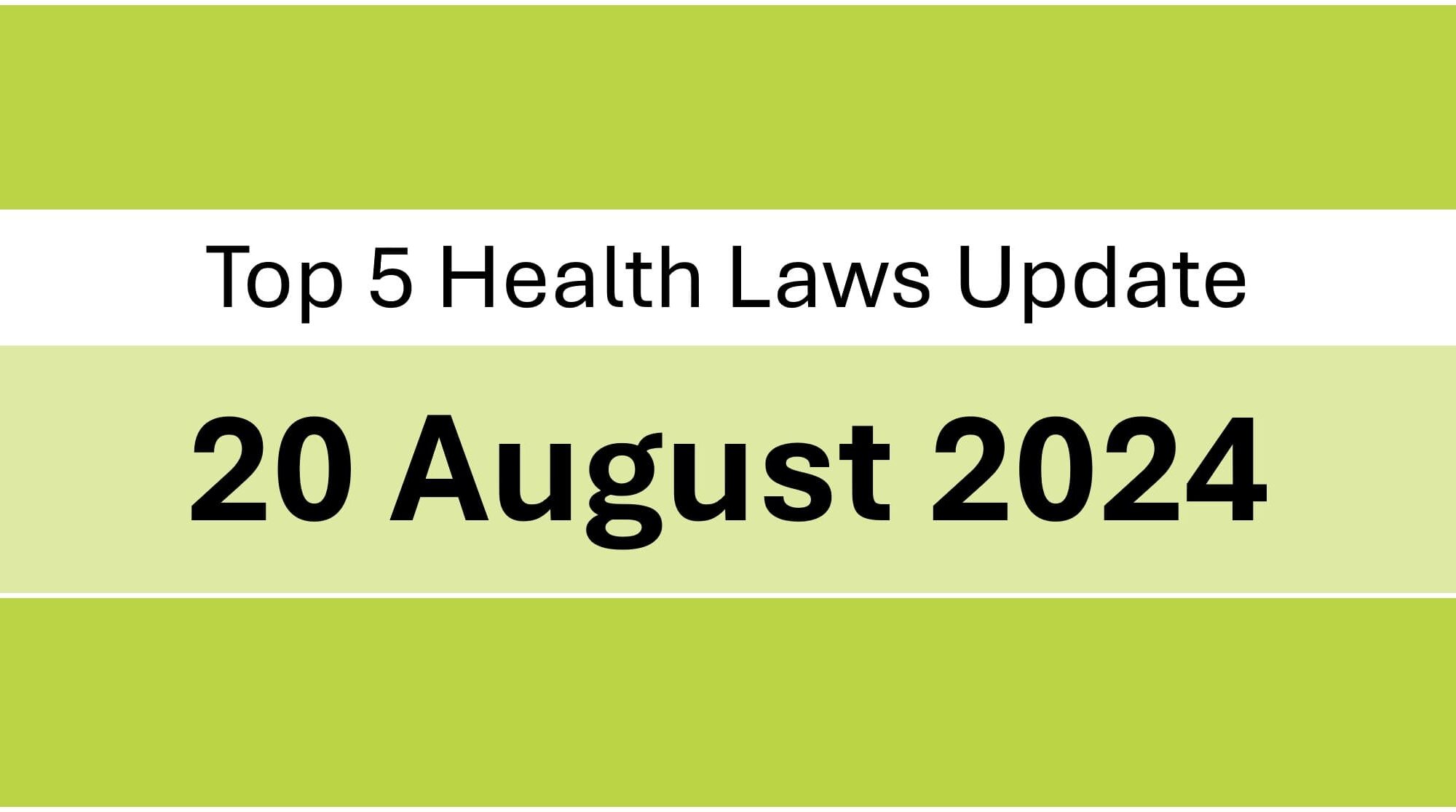Dear Readers, we are happy to share the most interesting legal and policy updates concerning health industry that we read today. We hope you enjoy reading it.
1. The Indian government has made it mandatory for students pursuing medical education in Ayurveda, Yoga & Naturopathy, Unani, Siddha, Sowa Rigpa, and Homoeopathy (AYUSH) to clear the National Exit Test (NExT) after graduation. This requirement will apply to medical graduates from the 2021-2022 batch.
Source: bit.ly/4egpEdy
2. India’s central drug regulator (CDSCO) has asked a pharmaceutical company to explain its claims that its eyedrops can augment near vision in 15 minutes and that it has received marketing approval from CDSCO.
Source: bit.ly/4eyIWLp
3. The Bombay High Court restricted the CEO of a leading e-commerce luxury brand from hiring individuals from another e-commerce beauty brand on grounds that the CEO was misusing employee personal data that it had access to when he was the Chief Business Officer of the rival e-commerce beauty brand.
Source: bit.ly/4glsuzN
4. India’s central drug regulator (CDSCO) has issued an order providing guidance for industry on Pharmacovigilance Requirements for biological products.
Source: bit.ly/4dVKiQ7
5. India’s Directorate General of Foreign Trade (DGFT) has released a public notice amending the timeline for meeting the export obligation of drugs which have been imported from unregistered source.
Source: bit.ly/47qXv1a

